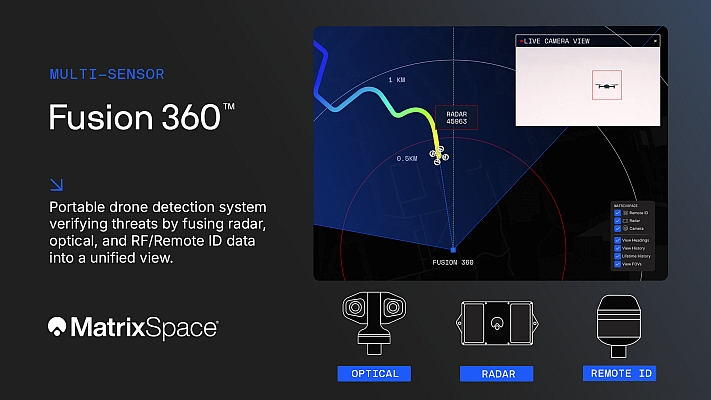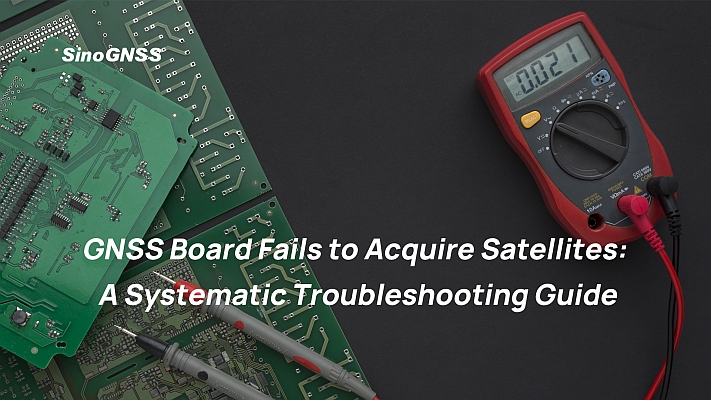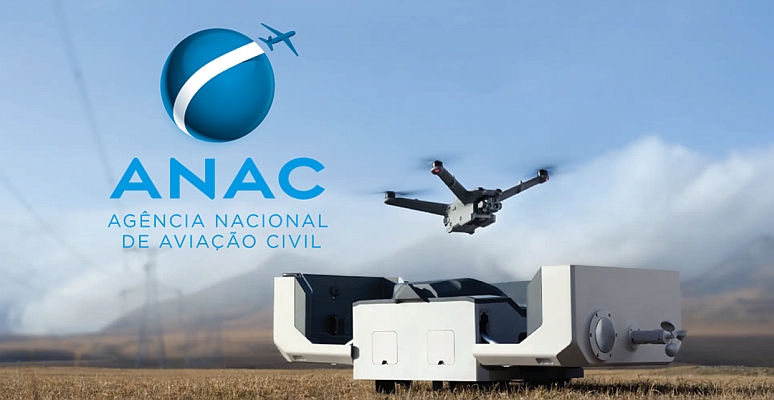A set of images from ASAR radar, aboard Envisat, and from MODIS sensor, aboard Terra and Aqua satellites, was sent to IBAMA and to Petrobrás by the Brazil’s National Institute for Space Research (Instituto Nacional de Pesquisas Espaciais – INPE). The images has been used to assess the oil spill at the Chevron (American company) oil field, located at the Campos Basin, in the northern coast of Rio de Janeiro state.
 “Petrobrás has received the images 30 minutes after they were recorded by satellites. These are important information to handle the problem,” said Ivan Barbosa, head of the Imaging Division of INPE.
“Petrobrás has received the images 30 minutes after they were recorded by satellites. These are important information to handle the problem,” said Ivan Barbosa, head of the Imaging Division of INPE.
Since 2009, INPE has a Marine Remote Sensing Station that receives images, almost in real time, for the detection of pollutants over the sea and for other purposes, such as the study of ecosystems and marine natural resources, also the measuring of currents and wind intensity, wave height, among other parameters.
The station, which receives and processes the Envisat satellite images, was acquired by INPE in partnership with Petrobrás. These images are ideal for environmental monitoring and oil spills identification.
“The quick and continuous supply of images to Petrobrás is part of our regular operation,” explained Ivan Barbosa. Ibama will also receive the images from INPE, while is necessary.
The images of the Campos Basin provided by INPE are available here.
Source: INPE






